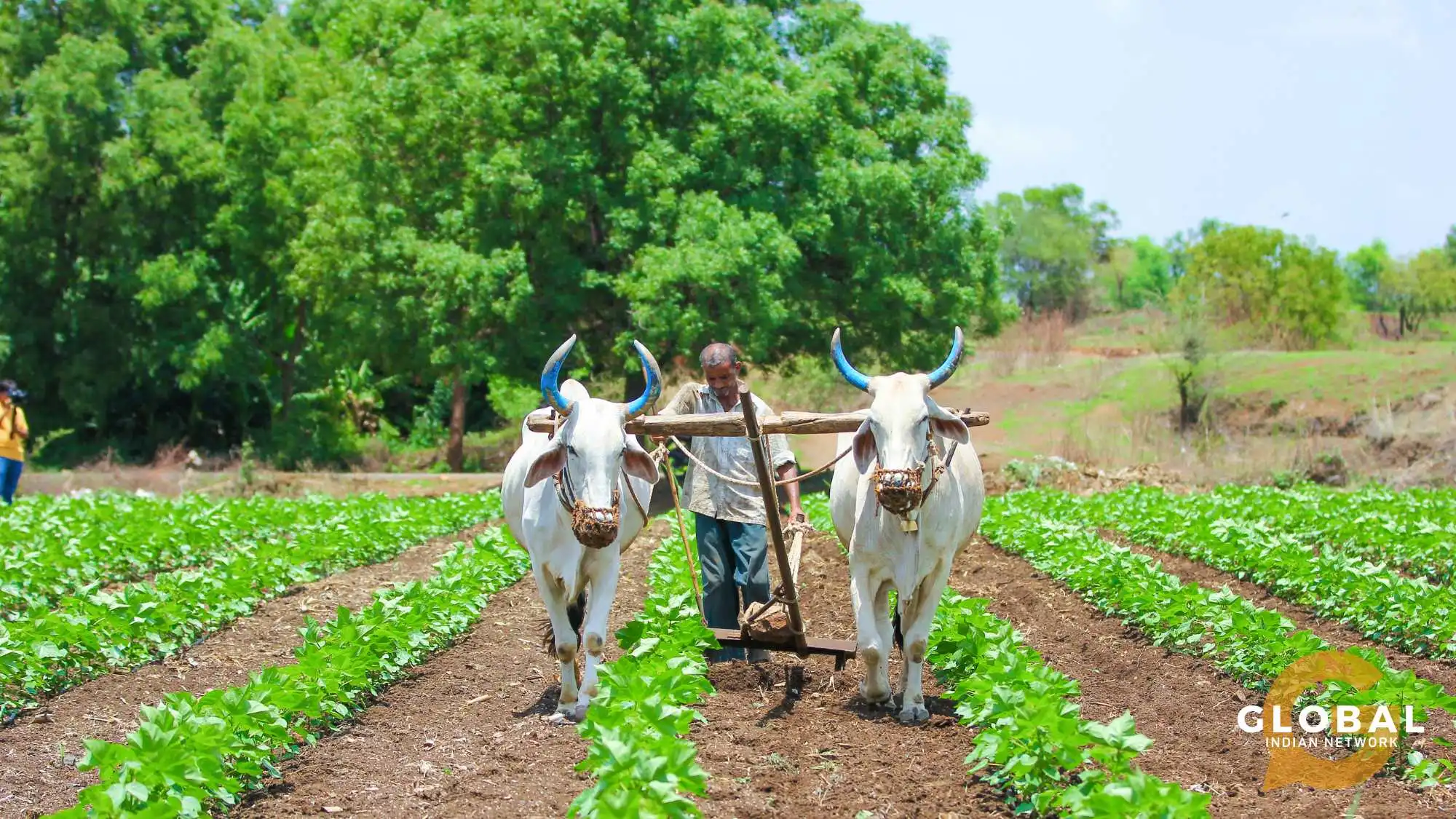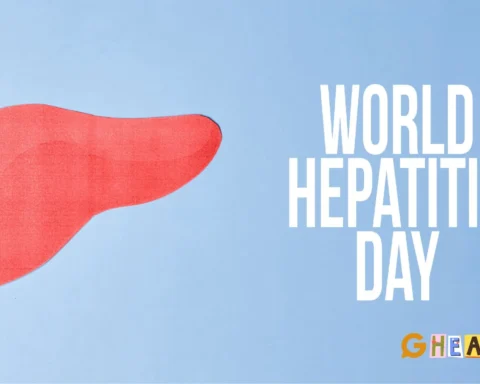'Voices from the Fields'
In a modern democracy, any citizen would expect some level of say in matters of importance, at least those that apply to them. This did not seem to be the case with Indian farmers' protests in 2020 when COVID-19 was ravaging the world. The second wave of the pandemic was going on in India, and an unpopular, stultifying lockdown was in place.
Agriculture is the source of livelihood for about 60% of the Indian population. This is tantamount to 800 million farmers, whose contribution to the Indian economy is around 15%.
Brief Overview
The Indian farmers' protest was the largest in human history during the COVID-19 pandemic, demanding the repeal of three farm acts passed by Parliament. The protests began on Constitution Day, November 26, 2020, in Delhi, demanding the repeal of laws aimed at liberalising Indian markets and deregulating private markets. They lasted over a year, ending on December 9, 2021, when the government agreed to abandon the controversial agricultural laws.
The Indian farming sector (60% of the population) contributes a sixth of the GDP but faces declining productivity and modernisation. Despite government subsidies, income tax exemptions, crop insurance, and minimum crop prices, wholesale buyers protested against new ordinances.
Farmer Suicides
Since the 1990s, 400,000 Indian farmers and agricultural labourers have committed suicide due to economic distress, indebtedness, crop failure, a lack of institutional support, and unpredictable weather conditions. The Indian government's policies have been debated.
India's government policies, including the Minimum Support Price (MSP), Land Acquisition Act, and Agricultural Produce Market Committee (APMC) Acts, have been criticised for not reaching all farmers and lacking adequate compensation and rehabilitation measures, potentially leading to financial difficulties and livelihood loss.
Crop Insurance
The Pradhan Mantri Fasal Bima Yojana (PMFBY), an Indian crop insurance scheme, was introduced in 2016 to provide financial support to farmers in case of pest and disease failure. Despite challenges in budget allocation and adoption, it has shown positive results. Yet, Modi's Crop Insurance Scheme had increased premiums by Rs 36,848 crore, but farmers' coverage increased by only 0.42%, according to Right to Information (RTI) data.
Minimum Support Price
The Minimum Support Price (MSP) is a government-set price in Indian agriculture, announced twice a year, to protect farmers from market uncertainties and ensure guaranteed income. It ensures a fair and assured income when market prices drop below the MSP, supporting farmers and maintaining food security.
The False Promises
The "Great Onion Crisis of 2010" was a significant event in India where onion prices plummeted due to overproduction, causing a market surplus. This crisis impacted farmers and market dynamics. Vegetable price fluctuations are common in India, influenced by weather conditions, supply-demand imbalances, and market dynamics.
During the election campaigns in 2014 and 2019, the Bharatiya Janata Party (BJP) promised farmers a 50% MSP increase. The farmers faced financial challenges due to weather, ineffective insurance, and trading laws. Even after the repeal of the 2020 laws, Maharashtra experienced a severe agricultural crisis in 2022, despite loan waivers and addressing drought, debt, rural challenges, and climate change, leading to a significant increase in farmer suicides.
Significance of the Farmers' Protests
On World Environment Day, the government introduced three farm bills aimed at liberalising Indian markets and deregulating private markets. Farmers in Punjab and Haryana protested, threatening their decades-old protection from free markets.
Indian farmers are allowing direct sales of their produce to private players, aiming to facilitate barrier-free trade outside state Agricultural Produce Marketing Committee (APMC) laws, which have previously protected farmers from hoarding food for future sales.
Overview of the Three Farm Bills
The three farm acts are:
- Farmers' Produce Trade and Commerce (Promotion and Facilitation) Act, 2020: The Act aimed to expand farmers' trade areas and allow electronic trading and e-commerce of their produce. It aimed to address concerns about revenue loss and the potential end of the MSP-based procurement system, as states and commission agents feared the move out of markets.
- Farmers (Empowerment and Protection) Agreement on Price Assurance and Farm Services Act, 2020: The Act aimed to establish a contract farming system, allowing farmers to negotiate with buyers before production and establishing dispute resolution mechanisms and quality standards, but farmer organisations argued that it favoured big corporations and reduced farmers' bargaining power.
- Essential Commodities (Amendment) Act, 2020: The Essential Commodities Act of 1955 was amended to exclude cereals, pulses, oilseeds, edible oils, onions, and potatoes from the list of essential commodities and limit government stock limits. The previous Act aimed to prevent moneylenders and businessmen from buying crops at affordable rates and engaging in black marketing.
Intentions Behind the Bills
The Atmanirbharta Policy (self-reliance policy), introduced in 2014, aims to liberalise agriculture and deregulation, promote local products, and align with the "Make in India" initiative. However, the proposed market forces and open market systems could negatively impact smallholders, who comprise 86% of Indian farmers. Union Agriculture Minister Narendra Singh Tomar discussed the Farmer Produce Trade and Commerce Ordinance, highlighting its potential to expand farmers' markets, improve APMC's efficiency, and create competition.
Farmers' Response
The Indian government introduced three farm bills through an executive order, allowing the President to promulgate ordinances during Parliament's absence. This move was criticised by opposition parties and farmers' unions, who believed Parliament should have debated and approved the legislation first. The government presented these ordinances as a significant move towards agricultural reforms under the banner of "one nation, one market."
The Indian Parliament passed agriculture bills on September 20, 2020, without a deliberative process, violating federal principles and escalating national protests due to the undemocratic and voice vote process. Besides, agriculture is a state subject under the Indian Constitution.
Farmers in India feared reduced crop prices due to fast-changing laws, potential corporate control, and the removal of state protections would leave them destitute and struggling in a weaker economy. They protested government farm bills, demanding repeal and minimum crop support prices despite threats to public health, media bias, legal difficulties, and police brutality. They also argued that agricultural reforms would negatively affect their traditional farming methods and financial security.
Rakesh Tikait, Bharatiya Kisan Union's national spokesperson, raised concerns about the MSP system's tampering and called for government-enacted laws on support prices to prevent exploitation by intermediaries and companies and to classify crop purchases below the support price as a crime.
According to the farmers, the haste with which the actions were taken was highly questionable, indicating a predetermined outcome in favour of the corporations. This was especially evident as the companies Ambani and Adani had close connections to the government. Adani had already built significant grain silos in Punjab, foreseeing intended control of the market.
Farmers argued that laws favour corporations over farmers due to the establishment of a Conciliation Board, which would allow Sub-Divisional Magistrates to resolve disputes unilaterally.
The government accused 'Khalistanis', an unaffiliated Sikh group seeking an independent homeland from India, of leading the agitation. The Akali Dal, a government-affiliated Sikh group, later retracted its stance and resigned.
According to the Punjab Human Rights Organization, over 100 Punjab farmers who participated in the Republic Day rally in Delhi were unaccounted for. The organisation announced free legal assistance for those arrested by the Delhi Police in connection with the Red Fort incident. Activist Sarabjit Singh Verka argued that the police intentionally directed the farmers to the Red Fort, where a commotion ensued, and many protesters were detained without information about their whereabouts.
Panthic Talmel Sangathan's lawyers provided legal aid to farmers by scrutinising FIRs, revealing that most were booked under the Damage to Public Property Act, Epidemic Diseases Act, and Ancient Monuments and Archaeological Sites and Remains Act.
Government Stance
The BJP, which had not anticipated such a blowback, tried hard to placate the Sikhs. Much of its executive meetings were devoted to assuaging the community's sentiments: increasing farm budget and crop prices, re-opening a historic corridor to one of Sikhism's holiest shrines in Pakistan, and a fresh probe to punish the guilty in the 1984 anti-Sikh riots in Delhi.
Conclusion
The lack of understanding regarding the crucial role played by farmers' protests in addressing broader concerns within agriculture and politics in India is evident, along with misconceptions. Additionally, overlooking their motivations and the challenges farmers face and neglecting the genuine concerns of the agricultural community and the adverse effects of agricultural laws on their livelihoods was what triggered the farmer fraternity to act.











[…] farmers' protest in India was a significant event, where farmers from various states came together to protest […]
[…] media significantly influenced Indian farmers' protests, engaged diasporic communities, and challenged popular beliefs despite its limited impact on other […]
[…] to abandon the controversial laws, marking a significant event in India's recent history. The protests took place during the lethal wave of COVID-19, and this caused intense hardship to the protestors, […]
[…] back to square one. The government has yet to take any actions promised almost two years back. The farmers have gathered in Delhi since February 12. The police were ready with their layers of road blockage […]